- Our studies
- Our research
- Publications and resources
- Data access and training
- About
- News
- Events
- Get in touch
- Join our mailing list
Welcome to our news and blogs section. Here you’ll find the latest developments and insights from across our longitudinal studies.
Growing Up in Digital Europe (GUIDE) is the UK pilot of a major European initiative to create internationally harmonised data for research on child development and wellbeing.

Researchers from around the world have been using CLS study data to tackle important questions. Here is a round-up over 100 new pieces of research that we’ve added to the CLS bibliography between April and September 2020.
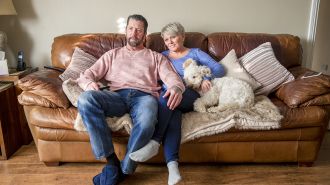
Almost three quarters of British middle-aged adults spend more than eight hours sitting each day, new objective data taken from activity monitors has shown.
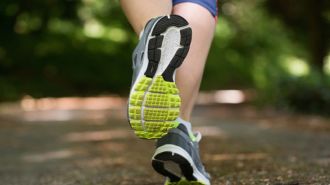
A new, searchable, online guide on physical activity measures used in six longitudinal studies, including the 1958, 1970 and Millennium birth cohorts, has been launched by CLOSER.
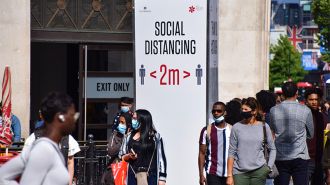
The Centre for Longitudinal Studies (CLS) has secured funding from the Economic and Social Research Council (ESRC), to further its investigation into the immediate and longer term impacts of the COVID-19 pandemic on people in Britain.
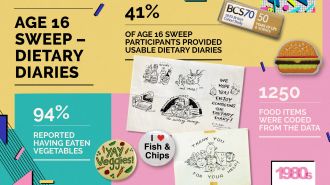
Celebrating 50 years of the 1970 British Cohort Study – During the Age 16 Sweep study members were given a 4-day dietary diary to complete. Analysed alongside dietary data from later sweeps, this information may help us to understand adult eating patterns, and health outcomes such as obesity and diabetes.

CLS is seeking input on the first draft questionnaire of the Age 31 Sweep of Next Steps, a longitudinal cohort study following 16,000 people born in England in 1989-1990.

How much does one’s family background influence their midlife wellbeing? And, what effect does technology engagement have on teenage sleep? What is the psychological impact of having to work part-time when full-time jobs are not available? And, how important is cognitive ability in helping people climb the social ladder?
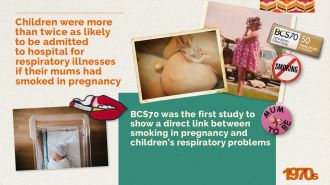
Celebrating 50 years of the 1970 British Cohort Study – Thanks to findings from the 1970 British Cohort Study (BCS70) birth survey we have increased our understanding of the risks posed by smoking in pregnancy, helping to improve health advice provided to mothers ever since.

New activity monitor data from the Age 46 Biomedical Sweep of the 1970 British Cohort Study (BCS70) are now available for researchers to download from the UK Data Service.
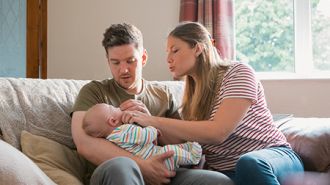
Teenage mothers and men who become fathers by their early 20s are at greater risk of developing conditions such as heart disease and diabetes in middle age, compared to those who delay parenthood, according to a UCL-led study.
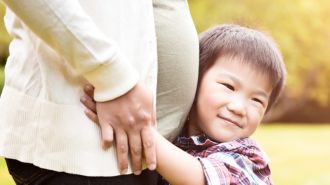
This project aims to advance our understanding of whether Medically Assisted Reproduction (MAR) affects the wellbeing of families, and if so why. Using datasets from the Millenium Cohort Study, we analyse MAR’s effects on a large range of adults/child outcomes through innovative research designs.
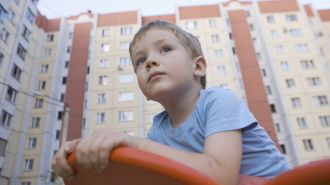
This research project aims to investigates the consequences of growing up without siblings, particularly longer-term wellbeing and life chances.
Ryan Bradshaw
Senior Communications Officer
Phone: 020 7612 6516
Email: r.bradshaw@ucl.ac.uk